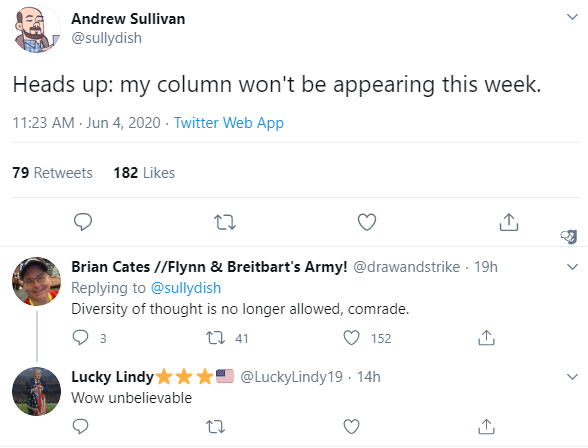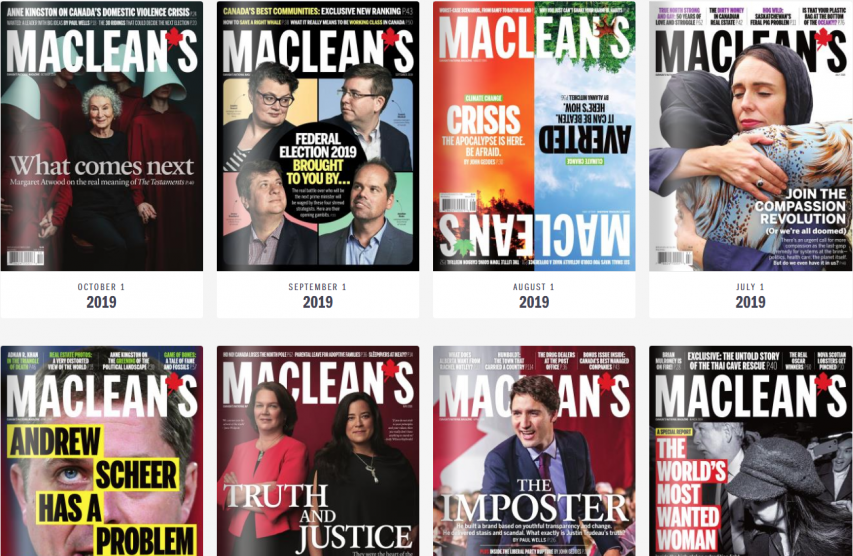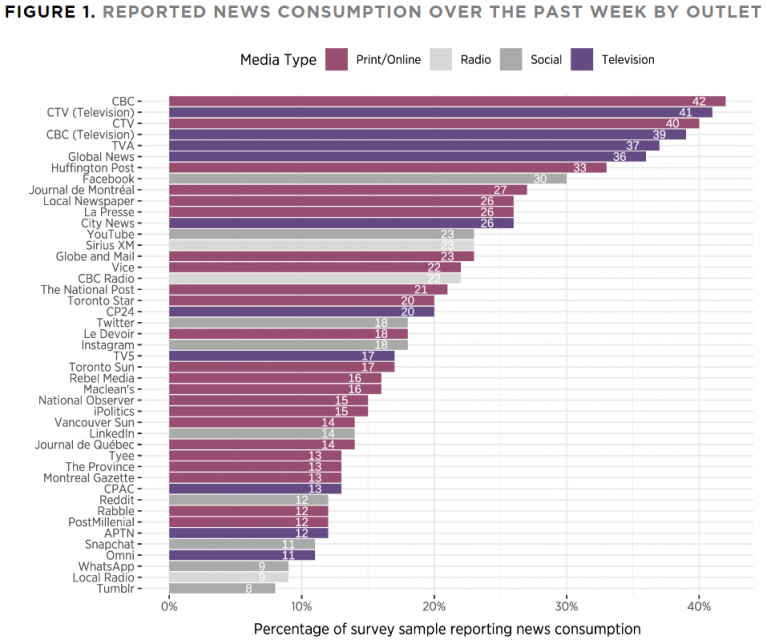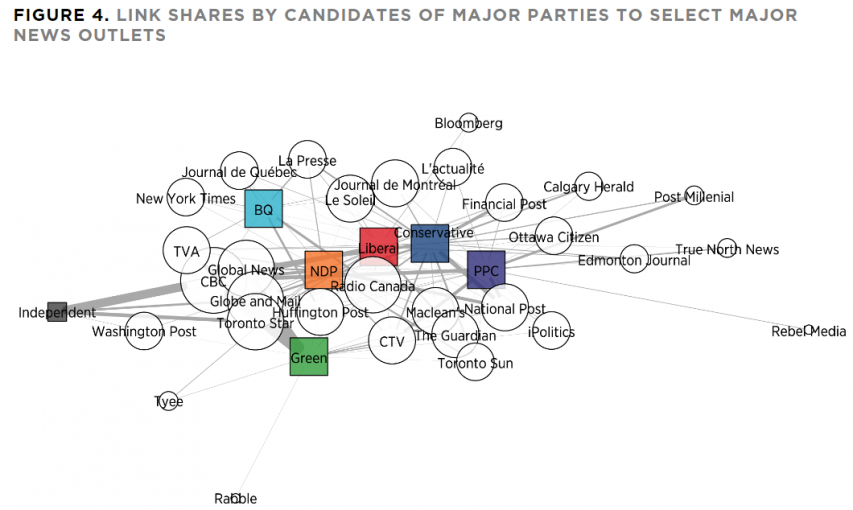TimeGhost History
Published 18 Nov 2020Technology promises a better and more connected world in the summer of 1919. But battles still rage everywhere over who will inherit it.
Join us on Patreon: https://www.patreon.com/TimeGhostHistory
Subscribe to our World War Two series: https://www.youtube.com/c/worldwartwo…
Like TimeGhost on Facebook: https://www.facebook.com/TimeGhost-16…Hosted by: Indy Neidell
Written by: Indy Neidell and Francis van Berkel
Director: Astrid Deinhard
Producers: Astrid Deinhard and Spartacus Olsson
Executive Producers: Astrid Deinhard, Indy Neidell, Spartacus Olsson, Bodo Rittenauer
Creative Producer: Maria Kyhle
Post-Production Director: Wieke Kapteijns
Research by: Indy Neidell and Francis van Berkel
Image Research by: Miki Cackowski and Michał Zbojna
Edited by: Michał Zbojna
Sound design: Marek KamińskiColorizations:
Mikołaj Uchman
Spartacus OlssonSources:
From the Noun Project: bridge by Adrien Coquet, Delete by Kevin Eichhorn, Fire by Sweet Farm, Model T by Alex Valdivia, people by Anastasia Latysheva, peoples by Musmellow, revolt by Symbolon, Smoke by Krish, people by Nithinan Tatah, explosion by Aldric RodríguezArchive by Screenocean/Reuters https://www.screenocean.com.
A TimeGhost chronological documentary produced by OnLion Entertainment GmbH.
From the comments:
TimeGhost History
21 hours ago
Four episodes into this new series and we think it’s going pretty well. Behind-the-scenes we have been getting ahead with our planning to make make things as laser-focused as possible and we have some pretty fascinating pieces of history we want to talk about.But we know that there is always a learning curve with a new series and we care what our community thinks. It’s the TimeGhost Army who make our content possible so we’d like to hear from you what you think about Season Two of Between 2 Wars. What are you enjoying about it? Is there anything you think we should work on? How do you feel about Indy’s outrageous suits and ties?











